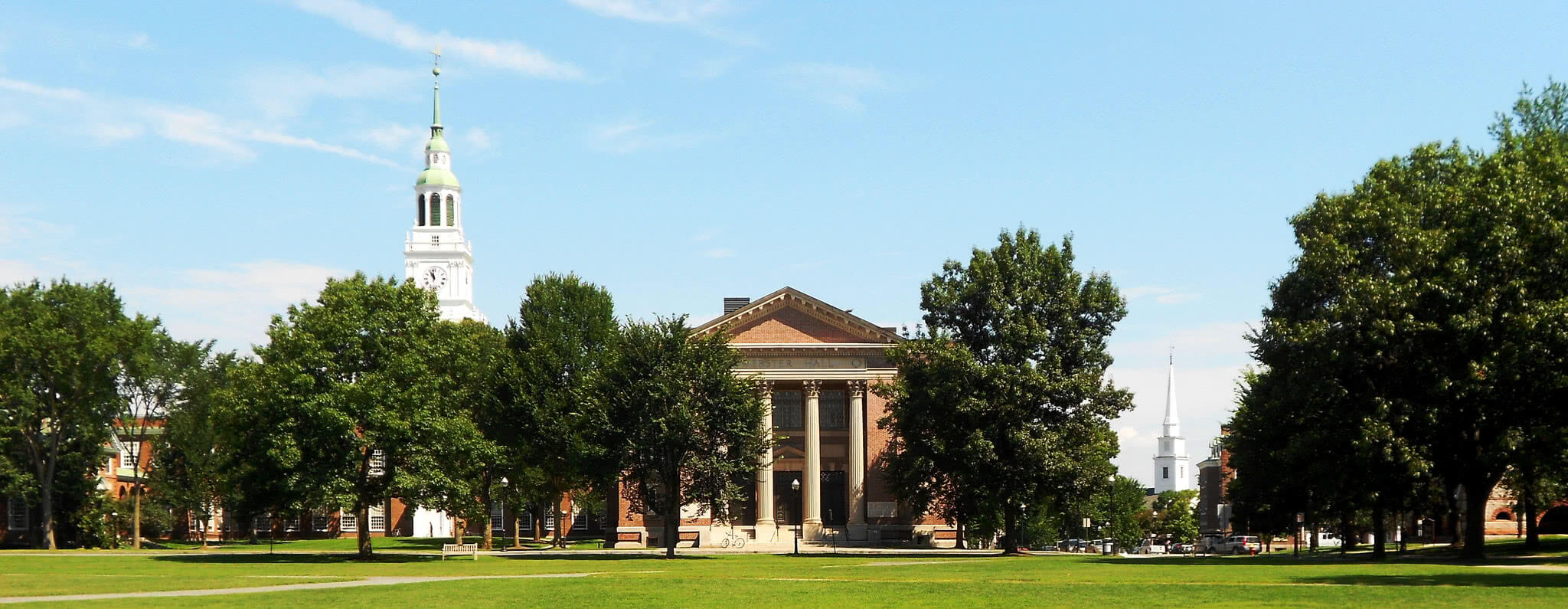‘What’s the difference between college and university?’ That’s a common question that many high school students ask as they research higher education institutions.
In the US, people use the terms “college” and “university” interchangeably to describe institutions that provide post-secondary education. That’s not right though. There are a few key differences between college and university.

Josue Mendivil via Flickr
What is a college?
‘College’ refers to a smaller institution than a university. Colleges have a smaller, more intimate campus and a smaller student cohort. They generally offer 4-year programs and award only up to the level of a bachelor’s degree.
One of the biggest advantages of colleges is that they offer a more personalized learning experience. They have smaller class sizes and a higher faculty-to-student ratio, which creates a more intimate and personal environment. This is especially conducive for students who prefer a higher level of interaction with their peers and professors.
FIND YOUR COLLEGE >>Another major feature of colleges is that they place more emphasis on learning rather than research efforts. The classrooms and professors are focused on undergraduate teaching. This is unlike universities where the bigger emphasis is on research. This is great for students looking to earn an undergrad degree but are not interested in the research aspect.
One of the drawbacks of colleges is that they lack the diversity and resources of larger universities. This is more notable in smaller colleges, particularly those in rural areas where the student community is not as diverse. Students in colleges don’t have access to extensive resources and laboratories. This can be a limiting factor if your field of study is based on research.
Another drawback of most colleges is they only offer up to a bachelor’s degree. If you want to pursue a Master’s or PhD degree, you’ll have to transfer to a university.
What is a University?
A university is a large public or private institution that offers undergraduate as well as graduate degrees. Universities have large campuses with a wide range of facilities.
The student community is large and diverse, with some of the larger universities enrolling tens of thousands of students in their programs. The curriculum is varied and diverse, allowing students to choose from an array of academic streams.
The biggest difference between college and university is that universities focus more on research. These institutions feature a range of laboratories and other facilities to support their research efforts. Some of the top universities are known to earmark millions of dollars towards upgrading their research and development facilities.

Some Benefits
The wide choice of programs and areas of study is one of the major advantages of universities. With a broad array of course offerings to choose from, you’ll find it easier to choose classes that best align with your interests and career path. Students who are interested can pursue a postgraduate and PhD degrees through the same university. This can open the door to more lucrative job openings.
Universities also provide qualifications for several professional programs such as law and medicines, that colleges are unable to offer. Students learn from some of the most highly qualified professors who are recognized leaders in their respected fields.
Another advantage of universities is the huge diversity in the student community. These institutions actively recruit students from around the world. The varied cultural backgrounds of the students creates an enriching and stimulating environment for students.
Some Considerations
One downside of universities is the larger number of students means you can expect less personalized attention. Classrooms are large and hold a large volume of students. This means the teaching methods are less personalized and there is very little interaction between professors and students. This may not be conducive for students who may need more guidance as they pursue their degree.
Another downside is the higher competition for select courses that fill up quickly. This is because of the larger number of students enrolling in courses that have limited availability in terms of classrooms and faculty.
The large, bustling campus and relative anonymity may be a downside for students who prefer the comfort and intimacy of smaller campuses.
College vs university – which is right for you?
It’s important to consider the difference between college and university when deciding which one to attend.
A college may be the right choice for you if you’re looking for a smaller campus and personalized direction and guidance to earn your Bachelor’s degree.
A university may be better suited for you if you’re interested in research and have plans on pursuing a postgrad or doctoral degree.
Interested in seeing your acceptance odds at colleges/universities around the country? Use College Raptor’s free match tool to assess your chances and to get an idea of what financial aid you might receive!





